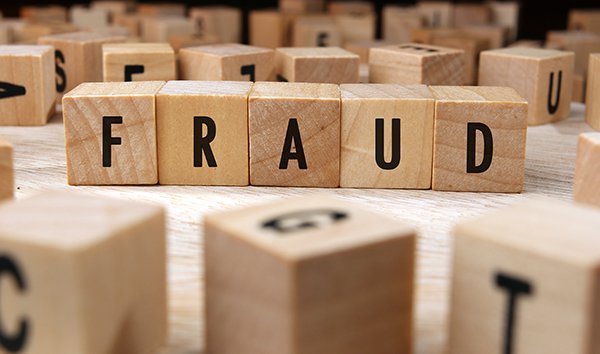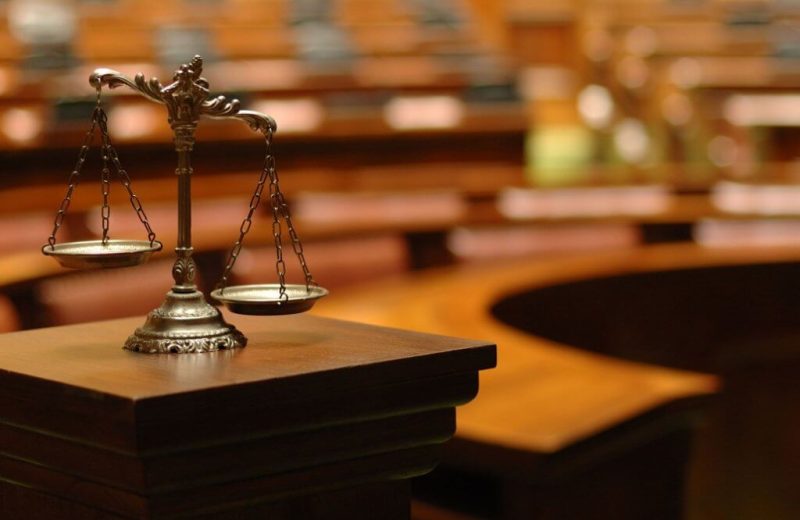What is an Assault?
An assault occurs when one person applies force to another person without their consent.
Section 265 of the Criminal Code states that a person commits an assault when (a) without the consent of another person, he applies force intentionally to that other person, directly or indirectly; (b) he attempts or threatens, by an act or a gesture, to apply force to another person, if he has, or causes that other person to believe on reasonable grounds that he has, the present ability to effect his purpose; or (c) while openly wearing or carrying a weapon or an imitation thereof.
As is clear from Section 265, an assault can occur in a variety of different circumstances. Depending on the exact context of how the touching started, an accused person may or may not be found criminally responsible.
A charge of assault can be proven through evidence of a person who claims to have been assaulted, evidence of other witnesses who claim to have observed the assault, or through video or audio evidence of the incident.
Statements of others about what occurred are evidence in court. As such, even if the incident is NOT captured on video, a trial can occur through the oral testimony of those who witnessed it, and a conviction may follow if the judge finds the Crown witnesses both credible and reliable. In making its decision, the Court is concerned with questions such as, Is the testifying witness being truthful? Do they have a motive to lie? Do they have a good recollection of what occurred? Were they in a position to observe everything that occurred? The job of a criminal defence lawyer is to cross-examine the Crown’s witnesses in order to demonstrate to the Court that it should not rely on the witness’s version of events. Through questioning, the lawyer needs to expose all inconsistencies and flaws in the witness’s evidence, which can only be accomplished through very thorough preparation.
A person charged can testify in their own assault trial; however, they don’t have to. That is a decision that will be made between the accused and their criminal defence lawyer and will depend on factors such as the strength of the Crown’s case and the specific defence raised in response to the charge.
FAQ
Can I be charged with an assault if I did not actually touch anyone?
Yes. You can still be charged and convicted of an assault even if you did not actually touch the other individual. In a situation where one attempts to use force against another, without that person’s consent, the offence of assault is made out and a conviction may follow.
For example, if you try to hit another individual and miss because they were able to evade the blow, you can still be found guilty of an assault. If, however, you raise your arm, thinking of hitting another, and then lower the arm having changed your mind, then an argument can be made that you did not possess the guilty mind and that you did not commit the act of an assault.
In circumstance where the attempted use of force is minor, the Crown prosecutor may be inclined to resolve the charges without the need to have a trial and without any criminal consequences.
Is it still an assault if I did not cause any harm?
Yes. The section of assault covers all touching and attempted touching without consent regardless of whether harm ensues. If actual serious harm is caused, one can be charged with, and convicted of, offences that are more serious in nature such as an aggravated assault or an assault causing bodily harm.
Can I be charged with an assault if I was present while someone else hit someone?
In Canadian Criminal Law one can be held responsible for actions of another if they act as parties to one offence. However, mere presence does not make one a party. According to section 21 of the Criminal Code, a person who does or omits to do anything for the purpose of aiding another person to commit an offence or abets another person in committing the offence, is a party to the offence and will be found guilty on that basis. In addition, where two people form a common intention to carry out an unlawful act, both are guilty of the offence.
Omitting to do something, however, must be for the purpose of aiding the commission of an offence. It is not enough that failing to do something had the effect of aiding the offence, the intention to aid the offence, the guilty intention, must be present.
For example, if you choose not to do anything while observing an assault on another, you are not guilty of any offence unless the Crown can prove that your choice to do nothing was for the purpose of allowing the assault to take place.
Don’t delay – contact an experienced criminal defence lawyer with decades of experience to have the best chance of winning your case.
call us 24/7
Legal Practice Areas
Our Criminal Defence Lawyers
Don't Let A Criminal Charge Destroy Your Life
Our service area
Get 1 Hour Consultation!
Register with us to schedule a free consultation
What Clients Say About Us?


















